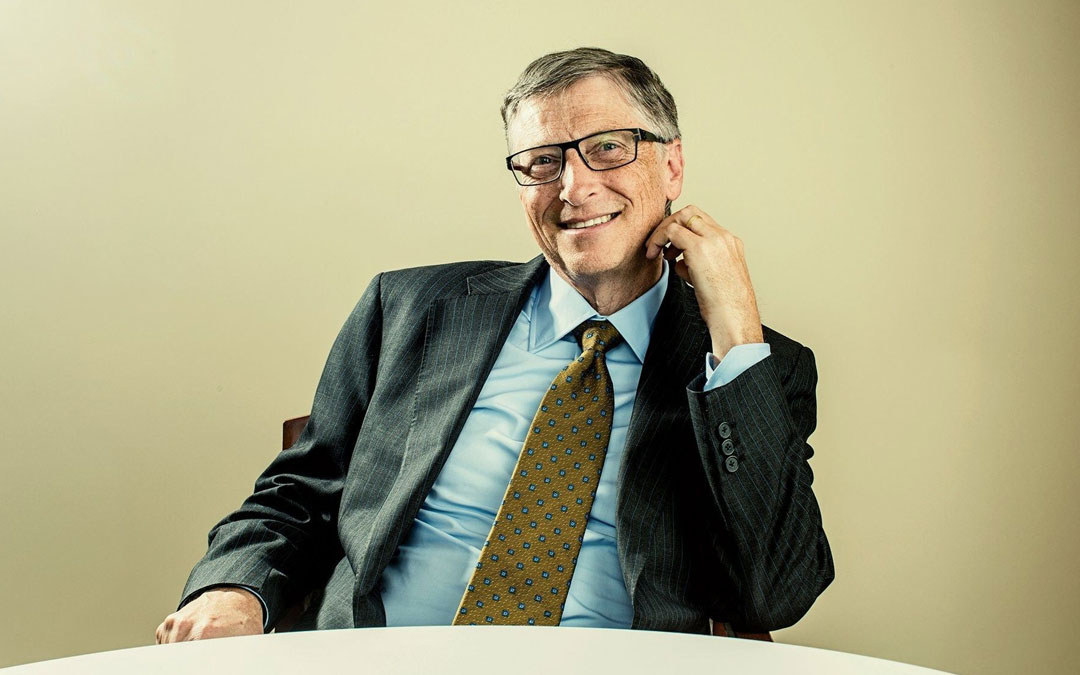“Let’s look at a model of a virus spread through the air, like the Spanish Flu back in 1918. So here’s what would happen: It would spread throughout the world very, very quickly. And you can see over 30 million people died from that epidemic. So this is a serious problem. We should be concerned.
“But in fact, we can build a really good response system. We have the benefits of all the science and technology that we talk about here. We’ve got cell phones to get information from the public and get information out to them. We have satellite maps where we can see where people are and where they’re moving. We have advances in biology that should dramatically change the turnaround time to look at a pathogen and be able to make drugs and vaccines that fit for that pathogen. So we can have tools, but those tools need to be put into an overall global health system. And we need preparedness So I think this should absolutely be a priority…
“There’s no need to panic. We don’t have to hoard cans of spaghetti or go down into the basement. But we need to get going, because time is not on our side. In fact, if there’s one positive thing that can come out of the Ebola epidemic, it’s that it can serve as an early warning, a wake-up call, to get ready. If we start now, we can be ready for the next epidemic.” Bill Gates TED talks 2015
The 2015 talk has had 23 million NEW views – and counting – on YouTube. But not everyone watching is a cogent, systems thinker like Bill Gates. Enter fake news specialists and conspiracy theorists and this has been turned into a whole social media industry blaming Bill Gates for creating COVID-19 for profit. Which makes as much sense as blaming Disney for knowing in advance about the pandemic because they called the kingdom in “Frozen” Corona.
With the fear industry peddling fake news and conspiracy theories at a rapid rate, debunking for those who will listen has become a necessity and on 7 April Trevor Noah interviewed the philanthropist on the Daily Distancing Show and asked him how was it that he had been concerned about this 5 years ago.
We learn that one of the aims of the Gates foundation is to wipe out malaria in Africa. Hence the interest in infectious diseases and the concern for an airborne pandemic which would be more devastating than ebola, Sars or Mers, which were not airborne and therefore their rate of infection was not as rapid as an airborne disease would be. With the rate of global travel, the dire threat that this presented “kept me up at night” – Bill Gates.
He thinks in global patterns and systems and so is able to link connections between things like pandemics, what we didn’t do and what we can do to improve:
“Using prioritised testing you can start to reopen a lot of things like schools and work. Probably not sports events because the chance of mass spread there is quite large.
“To get back economically, take the pain now and tell those who wouldn’t curb their activities ‘you must go along with the rest of society and not associate in a way that means we will have exponential increase in these cases’. That is the right thing, even though it’s extremely painful.”
In a February 2020 the Gates Foundation pledged $100-million to the corona virus fight in developing countries and Gates himself wrote a letter which was published in the New England Journal of Medicine advocating that the US government should be proactive through a strong policy response at home and called for accelerated work on treatment and vaccines. On April 15, Gates committed an additional $150-million to testing, treatment, and helping developing nations in their fight against COVID-19.
So no, Bill Gates did not create the corona virus and much of the vitriol levelled at him comes from those who support the threat of temporary withdrawal of US funding from the World Health Organisation at the height of the pandemic – which would mean a loss of 15% over 60 days for the WHO.

